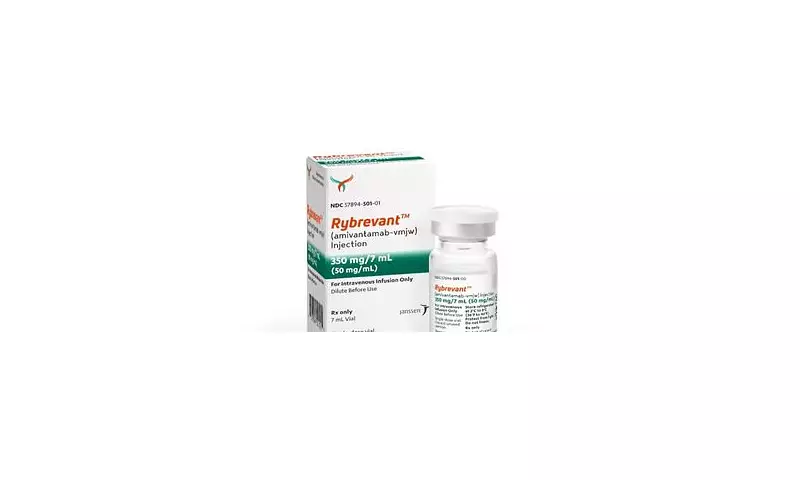
In what medical experts are calling a potential game-changer for cancer treatment, a revolutionary 'smart vaccine' has shown extraordinary results in a major clinical trial, significantly improving survival rates for patients with head and neck cancers.
Unprecedented Survival Benefits
The groundbreaking immunotherapy treatment, known as mRNA-4359, demonstrated remarkable effectiveness when combined with standard immunotherapy. Patients receiving the innovative combination therapy experienced dramatically improved outcomes compared to those receiving standard care alone.
The trial results revealed that 75% of patients treated with the vaccine combination were still alive after one year, compared to just 45% in the control group. Even more impressively, the cancer had not progressed in 50% of vaccinated patients after twelve months, versus only 17% in the standard treatment group.
How the 'Smart Jab' Works
Unlike traditional vaccines that prevent diseases, this cutting-edge treatment functions as a therapeutic vaccine, training the body's immune system to recognise and attack cancer cells. The vaccine specifically targets common cancer markers, effectively turning the patient's own immune system into a powerful cancer-fighting weapon.
Professor Christian Ottensmeier, the trial's lead researcher from The Clatterbridge Cancer Centre, expressed cautious optimism about the results. "While these findings are incredibly promising, we must remember this is early-stage research," he noted. "The vaccine appears to be teaching the immune system to fight cancer more effectively, potentially offering new hope where treatment options are limited."
Patient Stories: Real Lives Transformed
The trial included patients like 54-year-old Brian Wright, who had exhausted conventional treatment options for his head and neck cancer. After receiving the experimental vaccine, his tumours showed significant reduction, allowing him to resume normal activities and spend quality time with his family.
"This treatment has given me back my life," Brian shared. "To see the tumours shrinking and to feel my energy returning has been nothing short of miraculous."
Future Implications and Next Steps
The promising results, presented at the prestigious European Society for Medical Oncology Congress in Madrid, have generated significant excitement within the medical community. Researchers are now planning larger Phase 3 trials to confirm these findings and explore the vaccine's potential for treating other cancer types.
Cancer Research UK has welcomed the developments, noting that immunotherapy continues to revolutionise cancer treatment. However, experts emphasise that while these results are encouraging, larger studies are needed before the treatment can become widely available.
The development represents a significant step forward in personalised cancer medicine, potentially offering new hope for patients with difficult-to-treat cancers who have limited treatment options remaining.





